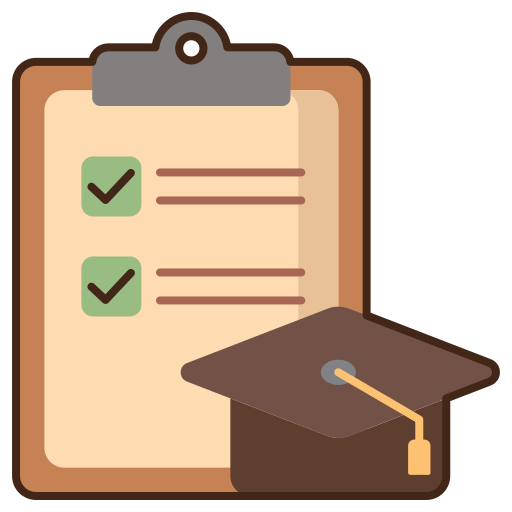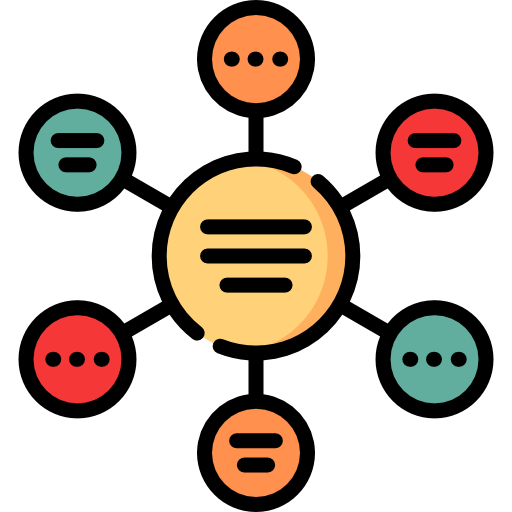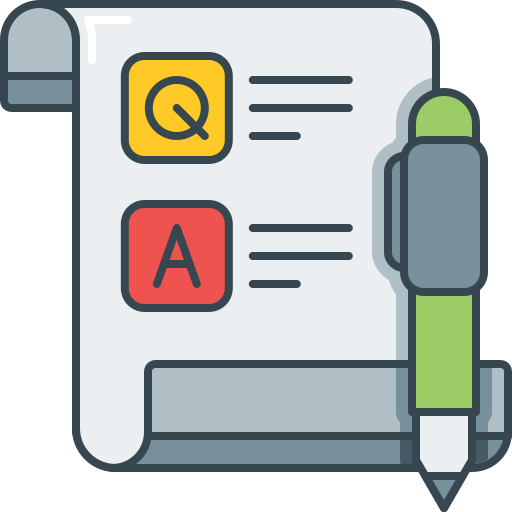It was my final year of study.
I had just received my exam score. Before me was an poor grade and the fear of failing to graduate from college like the rest of my classmates.
In order to graduate, I had to retake the exam. As a result, exam anxiety set in. I experienced fear, reduced concentration, and mental block.
Like me, many students are caught in the same predicament. However, there are some simple steps you can take to flip the script and ace that paper/exam.
 Photo by Yogendra Singh on Unsplash
Photo by Yogendra Singh on Unsplash1. Manage Your Exam Anxiety
Being anxious reduces your ability to focus and process information. As a result, it becomes difficult to perform well on tough exams.
To reduce your exam anxiety:
Practice self-affirmation. It's important that you constantly remind yourself that you're capable of doing the hard stuff. Passing a difficult exam requires a huge dose of self-confidence.

Get enough sleep. Good sleep improves memory retention and problem-solving ability, which is necessary when tackling hard exams.

Revise early. You should start revising at least one month before the exam. This gives you enough time to practice and boost your confidence in tackling exam questions.
Quiz
Which of the following activities can help relieve exam anxiety? Select all that apply:
2. Apply Effective Study Habits
You have spent hours on end reading yet you are not seeing results. Could it be that you're working hard and not smart?
Effective study habits are a game changer and can significantly improve your grades. Below are a few study tips I've personally used that I highly recommend:

Have an effective study plan and stick to it. The plan should have specific goals that you must attain at the end of each session.

Prioritize the difficult topics and study them in the morning when you're more alert (or at the time of day when your energy is highest).

Use mind maps to brainstorm, organize your ideas, and capture important information during your reading.

Practice past exam questions to help you test your understanding and grasp exam techniques.

Make use of other resources such as videos and tutorials. You can even find a study partner or tutor to help you understand hard concepts instead of memorizing.

Take 5-minute breaks between long learning sessions to stretch and recharge.
3. Use Test-Taking Strategies During the Exam

Congratulations! You've done a good job at managing your test anxiety and effectively planning your study.
The remaining step is now tackling the exam. Your exam paper is on the table, and the timer has started.
Don't panic! Instead:
Create a rough draft of your answers, and jot down all key information about the topic. Use this information as your cheat sheet during the course of the exam.
Go through the entire exam paper to get the general overview of the questions asked.
Start with the easy questions and then, once done, proceed to the more challenging ones.
Take Action

Now that you have all these practical tips under your sleeve, it's time to put them to work!
Your feedback matters to us.
This Byte helped me better understand the topic.
